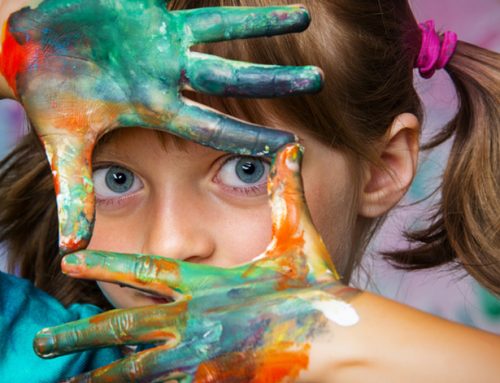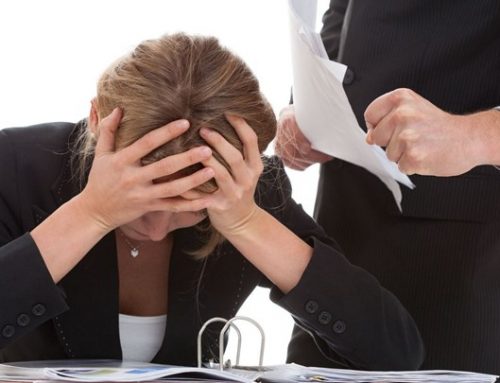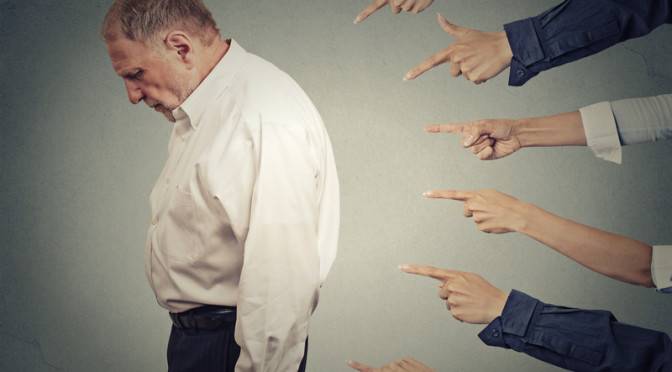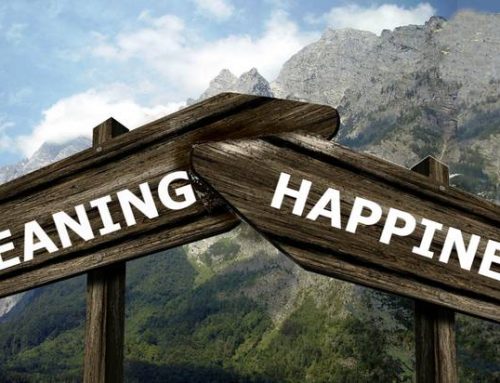At many times and in many ways, yes we can. How many times have we criticised, undermined and belittled ourselves. At other times, we have heaped guilt and self-blame on ourselves because of a small mis-step, cut down any burgeoning self-confidence because something we said did not come over right. At other times, we have corrected and over-corrected any good impulses or cringed and wrong our hands when someone pointed out a small mistake. And these are only a few of the times when we have sent our own self-esteem toppling ten rungs down the ladder.
Why do we do this. Often this is the result of our upbringing (nurture or society) i.e. parents, teachers, authority figues, friends, and the way we have observed them do things. We are too afraid to stand out and be notice; we believed we will get slapped down for our boldness or brave new ideas. The lesson we have been taught is: Don’t stand too tall and show yourself boldly and beautifully when society (parents, teachers, friends) have told us to be modest, humble and self-effacing. We are constantly reminded: look before you leap, don’t get a swollen head, don’t be too smart. The ‘tall poppy will get cut down’.
So we take on others’ high standards of attitude and behaviour. In fact, we forget about being authentic. Or behaving authentically even if we make mistakes, because we may then learn from the same.
We become risk-averse because we fear to be too big, too powerful and too successful. This reminds me of Marianne Williamson’s great poem (A Return to Love) which was cited by Nelson Mandela at his Inauguration over 25 years ago.
“Our deepest fear is not that we are inadequate,
Our deepest fear is that we are powerful beyond measure.
It is our light, not our darkness, that most frightens us.”
So despite our best intentions we become conformists. Instead of developing as authentic human beings and following our deepest, innermost convictions and voicing these daringly and uncompromisingly, we become shy and self-effacing. Sure, not everyone wants to be a non-conformist but we do want to be known as independent thinkers and doers.
We allow the inner critic to deafen and mute us. Learn to work with this ‘inner critic’ which sits deep within us as a result of our upbringing. Learn to become a genuine, enquiring, authentic human being.





